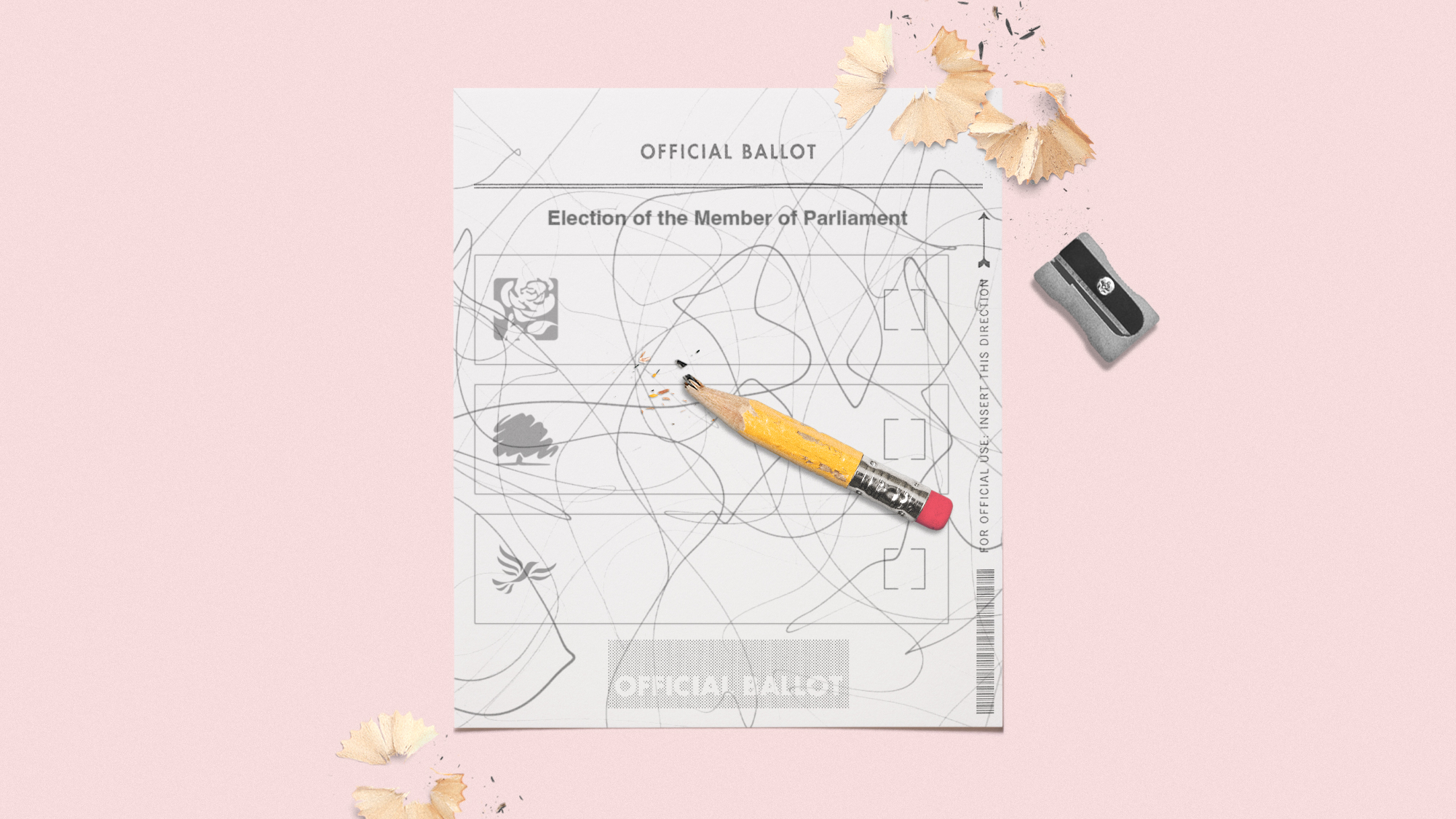General election 2019: how Facebook plans to fight the spread of fake news
Social network to provide greater transparency over political and social adverts

A free daily email with the biggest news stories of the day – and the best features from TheWeek.com
You are now subscribed
Your newsletter sign-up was successful
Facebook has outlined new measures to fight the spread of disinformation on its platform and influence from external parties ahead of an expected UK election.
Its head of policy solutions, Richard Allan, wrote in The Daily Telegraph that the company plans to establish a “dedicated operations centre” in the UK when a general election is called to help remove content that violates its policies more quickly.
Allan also confirmed that Facebook will only permit ads that focus on immigration, the environment and health where the poster has been verified. These posts will be stored in the poster’s archive, which can be freely searched by everyone, including non-Facebook users.
The Week
Escape your echo chamber. Get the facts behind the news, plus analysis from multiple perspectives.

Sign up for The Week's Free Newsletters
From our morning news briefing to a weekly Good News Newsletter, get the best of The Week delivered directly to your inbox.
From our morning news briefing to a weekly Good News Newsletter, get the best of The Week delivered directly to your inbox.
The announcement represents “fresh commitments” from Facebook to protect its users from false reports that may sway their vote, says ITV News. This comes in the wake of Russia allegedly using the platform to manipulate the 2016 US presidential election.
But Facebook maintains the position that it is not its responsibility to be “setting the rules of the game or calling the shots”, ITV adds.
What are the new measures?
Headlining the policy changes is the new UK-based operations centre, which Allan claims will “bring together the teams who monitor activity across our platforms”.
A free daily email with the biggest news stories of the day – and the best features from TheWeek.com
In his Telegraph article, Allan describes the centre as “an added layer of defence”, where content moderators can swiftly remove posts that do not conform with the platform’s content guidelines and “respond to any emerging threats or challenges”.
Next is a reformed version of the Ad Library, which stores information on all adverts posted on both Facebook and the photo-sharing app Instagram by political parties since October 2018. The tweaks mean that users will be able to track what “political parties and candidates are saying and doing” in real time, says Allan.
Those who post ads about social issues, as well as political matters, will be required to “go through a verification process and provide ID documents to prove who they are and that they live here”, he adds. London-based charity Full Fact will assist with Facebook’s fake news crackdown.
So what is Full Fact?
Full Fact was co-founded by Michael Samuel, a Conservative Party donor, and Will Moy in 2010 as a means of identifying fake news articles online and reporting them to the relevant authorities, the BBC reports.
For example, Full Fact discovered that the Tories were running an ad on Facebook last month featuring a BBC article with an altered headline, the broadcaster says. The advert clocked up 510,000 impressions before it was removed by Facebook.
Allan wrote in the Telegraph that “images and videos on Facebook which they [Full Fact] assess to be untrue will now be more clearly labelled as false and we’ll continue pointing people to reports which debunk the myth.
“Our algorithm also heavily demotes this content so it’s seen by fewer people and far less likely to go viral,” he adds.
A Facebook spokesperson told Sky News that a mix of human moderators and “automatic tools” will be employed to judge whether ad posters are following the social network’s guidelines.
But the broadcaster claims that Allan has requested the Government clarifies what constitutes a political ad, as Facebook prepares for “more criticism” over election interference.
-
 The ‘ravenous’ demand for Cornish minerals
The ‘ravenous’ demand for Cornish mineralsUnder the Radar Growing need for critical minerals to power tech has intensified ‘appetite’ for lithium, which could be a ‘huge boon’ for local economy
-
 Why are election experts taking Trump’s midterm threats seriously?
Why are election experts taking Trump’s midterm threats seriously?IN THE SPOTLIGHT As the president muses about polling place deployments and a centralized electoral system aimed at one-party control, lawmakers are taking this administration at its word
-
 ‘Restaurateurs have become millionaires’
‘Restaurateurs have become millionaires’Instant Opinion Opinion, comment and editorials of the day
